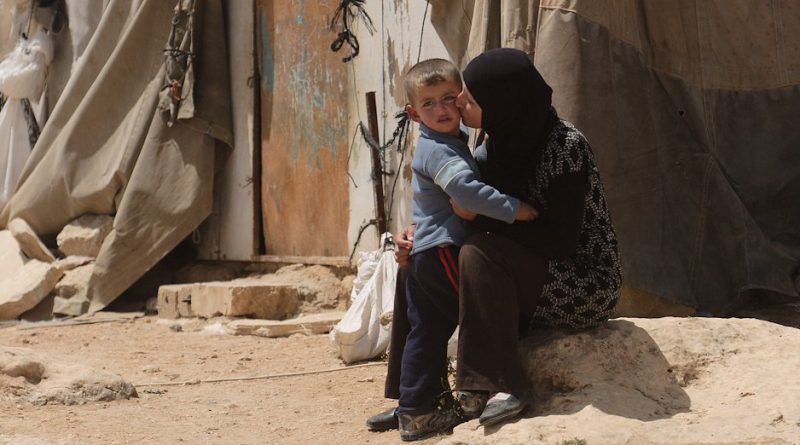Now Reading: Mother should be Natural Guardian : WCD Ministry
-
01
Mother should be Natural Guardian : WCD Ministry
Mother should be Natural Guardian : WCD Ministry
The Ministry of Women and Child Development (WCD) has suggested that the mother should be made the natural guardian of the child instead of the father. The ministry made the recommendation as part of its submission before the expert committee set up by the Ministry of External Affairs (MEA) to examine issues pertaining to women married to Non-Resident Indians (NRIs).
Since it is the mother who bears the child, she should have first right. “With the father as the natural guardian, in the event of a divorce, the woman has to apply for child custody in court. She often ends up compromising on her maintenance or withdrawing criminal complaints in case of domestic violence so that she can have the child.
Saying that the ministry’s recommendation is in keeping with the “best interest of the child” principle, the official said it will also hit the “fundamental core of patriarchy”.
Currently, the father is deemed to be the sole natural guardian of the child, with some religious laws giving the mother custody rights up to a certain age.
The 2015 Law Commission report defines guardianship as a “bundle of rights and powers that an adult has in relation to the person and property of a minor”. It states that custody is a “narrower concept relating to the upbringing and day-to-day care and control of the minor”.
Under the Muslim personal law, the father is the natural guardian and mother has “hizzanat” or custody of a female child till puberty and of a male child till seven years of age in the case of Sunnis and two years of age for Shias.
Section 6 of The Hindu Minority and Guardianship Act 1956 states that the father is the sole natural guardian of a minor and his/ her property, provided the custody of a minor less than five years of age will ordinarily be with the mother. The mother becomes the natural guardian only “after him”.
This was challenged in the Githa Hariharan versus Reserve Bank of India case in the Supreme Court as being violative of constitutional guarantee of gender equality. The court interpreted “after” as not necessarily the death of the father but also absence, total apathy, or inability due to ailment or otherwise.
But still, the mother is not conferred with equal rights.








